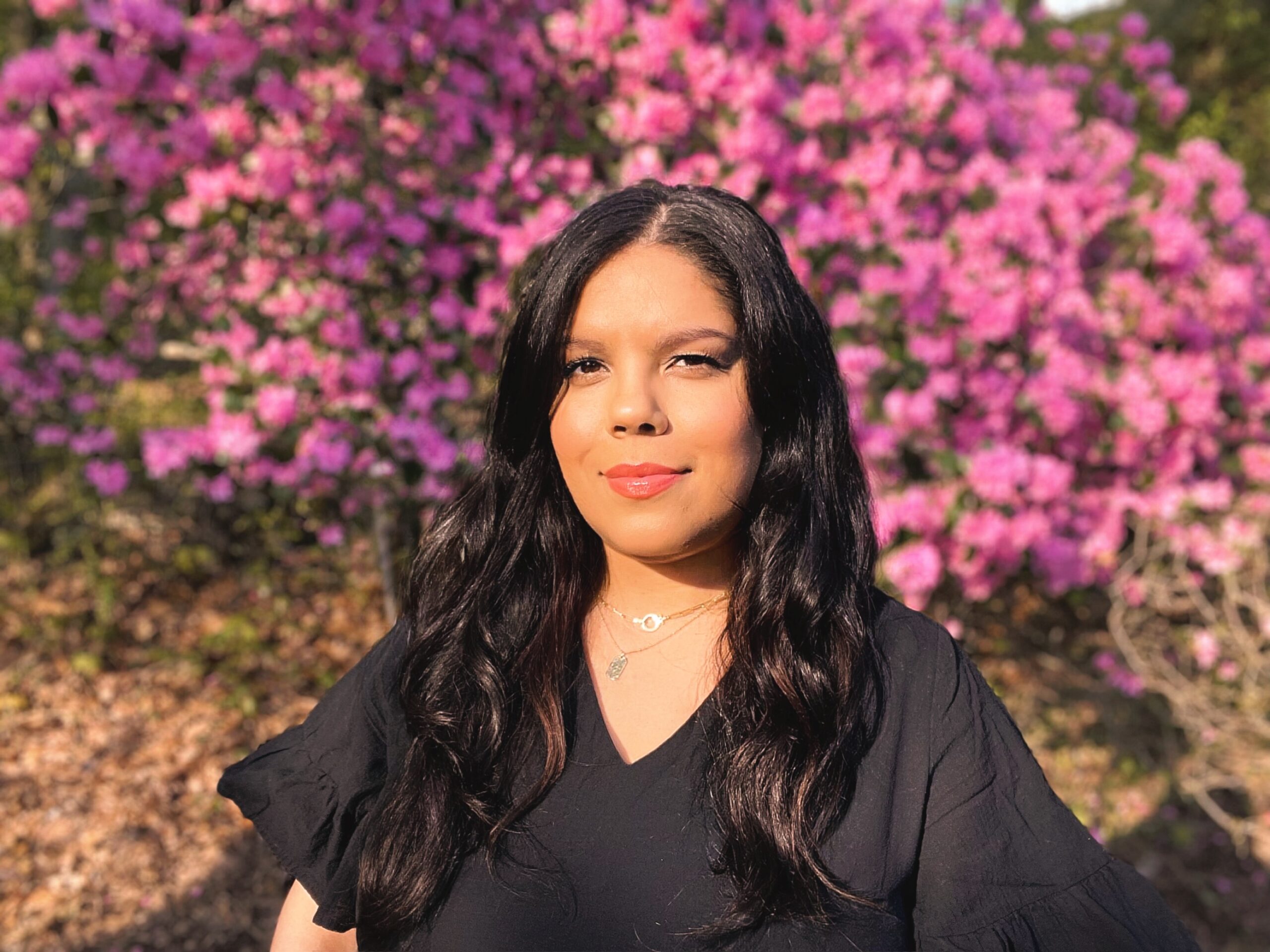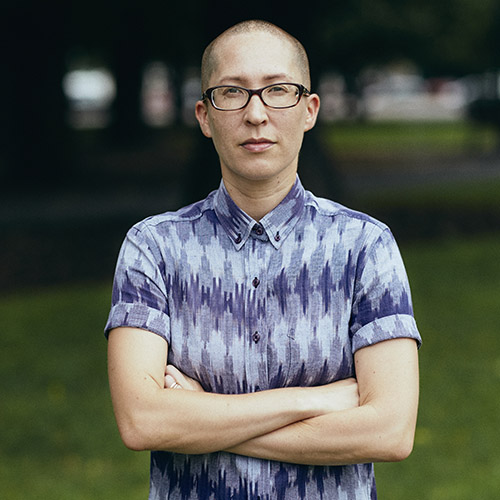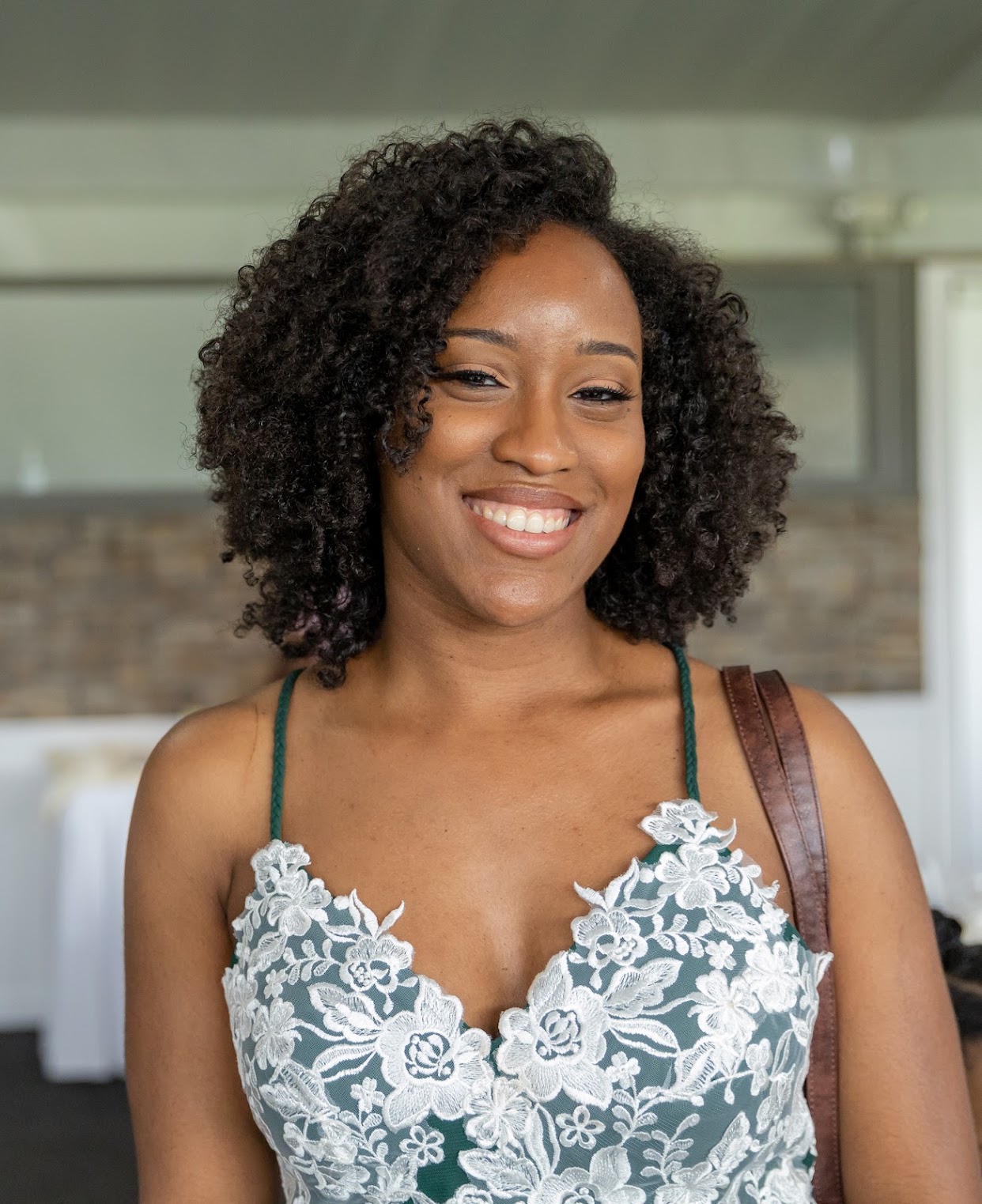
by Michele Kirichanskaya | Oct 11, 2023 | Blog
St., aka Suto, is a Taiwanese-American illustrator with an anime-inspired art style. They are the illustrator for the English translations for The Husky and His White Cat Shizun and Remnants of Filth both by Rou Bao Bu Chi Rou, and have provided artwork for the Barnes...

by Michele Kirichanskaya | Sep 29, 2023 | Blog
New York Times Bestselling and award-winning author, Claribel A. Ortega is a former reporter who writes middle-grade and young adult fantasy inspired by her Dominican heritage. When she’s not busy turning her obsession with eighties pop culture, magic, and video...

by Michele Kirichanskaya | Sep 16, 2023 | Blog
Cynthia Yuan Cheng is an illustrator and cartoonist who creates funny, bittersweet stories centered on connection, identity, and belonging. When not at a desk, you can find Cynthia laughing at manga or eating a good meal with friends. Cynthia lives in Los Angeles. I...

by Michele Kirichanskaya | Sep 1, 2023 | Blog
Shelley Parker-Chan (they/them) is an Asian Australian former international development adviser who worked on human rights, gender equality and LGBTQ+ rights in Southeast Asia. Their debut historical fantasy novel She Who Became the Sun was a #1 Sunday Times...

by Michele Kirichanskaya | Aug 23, 2023 | Blog
Ciera Burch is a lifelong writer and ice cream aficionado. She has a BA from American University and an MFA from Emerson College. Her fiction has appeared in The American Literary Magazine, Underground, the art and literary journal of Georgia State University, Stork,...






